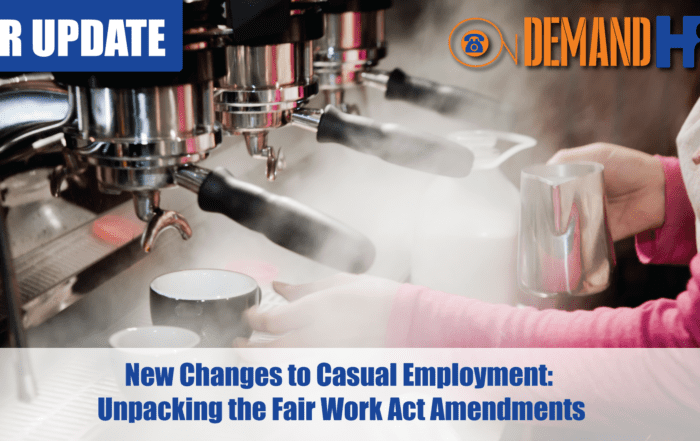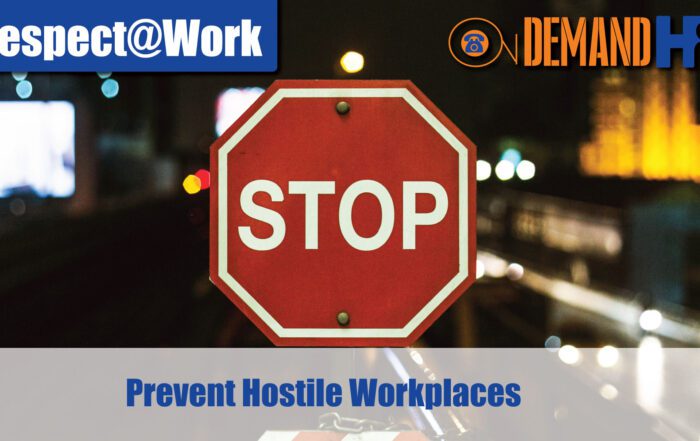How claims impact Workers Compensation premiums
For NSW businesses who have an annual Workers Compensation premium of more than $30,000, your business is what is known as claims sensitive meaning that a claim will directly and proportionately impact your future premiums. Today we are going to unpack the key factor that impacts your premium as well as some high level actions that your business can adopt to minimize increases in your premium.
Please see below for a full transcript of this video
Share the HR or workplace relations challenge facing your business and one of our experienced consultants will be in touch within 24 hours with a strategic action plan or discover the best strategy yourself by accessing out free online training library.
Transcript
For NSW businesses who have an annual Workers Compensation premium of more than $30,000, your business is what is known as claims sensitive meaning that a claim will directly and proportionately impact your future premiums. Today we are going to unpack the key factor that impacts your premium as well as some high level actions that your business can adopt to minimize increases in your premium.
The main factor that impacts your premium is wages paid to an employee that is unable to work as the result of an accepted workers compensation claim. This means that whole person impairment, negligence or medical expenses do not have an impact on premiums for claims sensitive businesses.
So what does this mean for claims sensitive businesses? Well of course there is an inherent incentive for businesses to have their employees (providing it is medically safe to do so) to return to work as soon as possible.
But what does this mean in a practical sense? Well, we would encourage employers to adopt a flexible approach to meaningful suitable duties that the employee can carry out even if it is completely outside of the normal duties that the employee carries out. We are not advocating that an employee for example is asked to return to work to sweep a floor that does not need to be swept, rather genuinely consider any meaningful work that the employee can be engaged in.
After all, when it comes to wages for claims sensitive businesses in workers compensation cases, you are effectively paying for the wages anyway, so why not get some productivity if possible at the same time?






